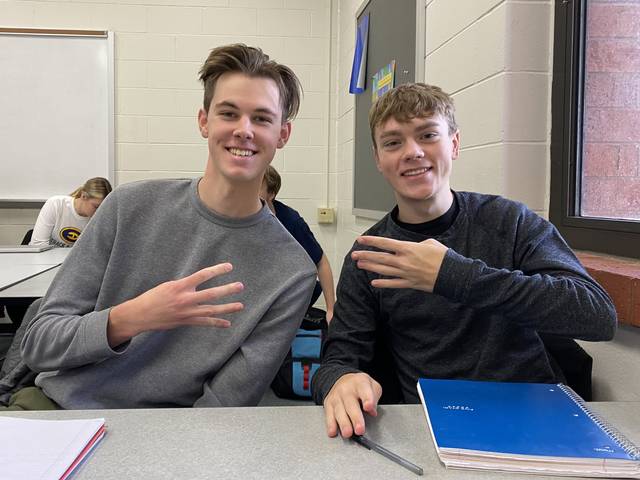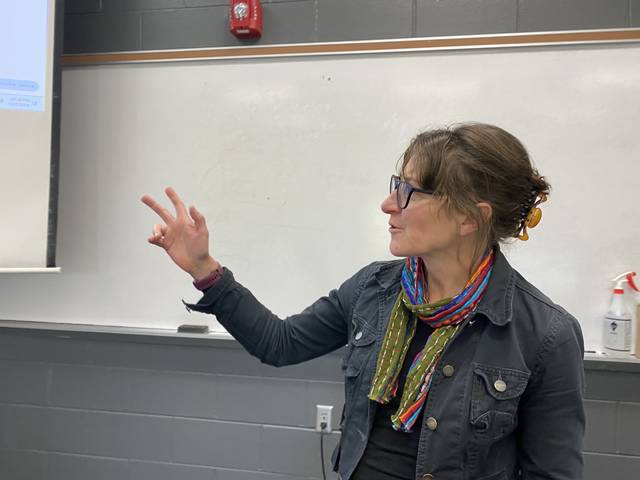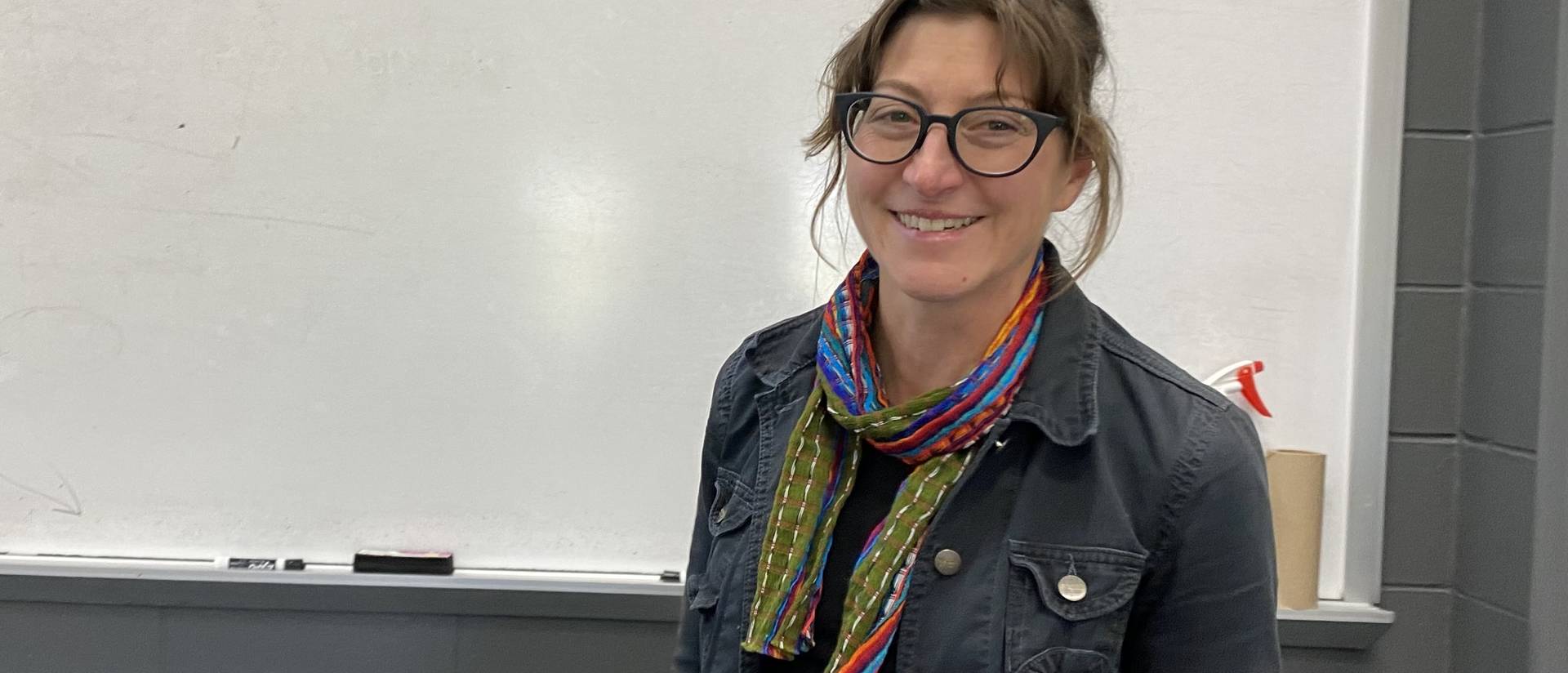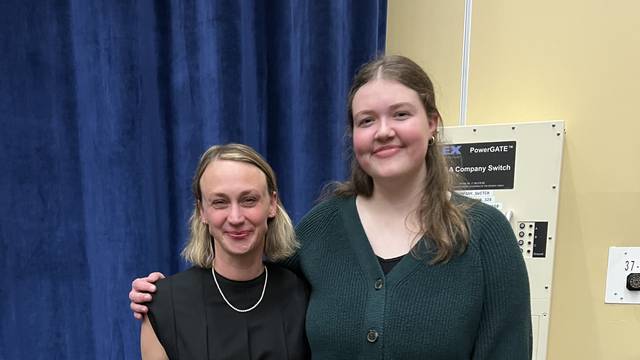Photo caption: Music and Social Change
Honors Course Highlight: Music and Social Change
Protest songs are a way of life; they provide an alternative way of understanding the world. By analyzing these songs, we gain new insight and perspective
about world events and the artists writing the songs. Dr. Christa Garvey, a professor of music and oboe, hopes to take this idea a step further in her new course, HNRS 149 Music and Social Change.

“I am trying to present songs that are somehow… going to touch a student, so then they have the capability to connect into feeling more sensitive about everything in the world,” says Dr. Garvey.
In class, students pull apart historical contemporary songs, touching on topics of the Civil Rights Movement, challenges in urban America, the Cold and Vietnam Wars, Black Lives Matter, etc. They examine the song’s background, message, tone, and musical decisions. Even when it is difficult, students are expected to dig into it as best they can. Dr. Garvey asks students “to understand what is the artist's perspective. So, we're not putting our own judgment into this.”
She believes with everything happening in the world today, students can feel powerless. But in this class, she says, “The songs that we’re working with from the civil rights movement in our class were written by people who were barely 20 years old,” and yet they had a huge impact.
Lauren Jex, a student in HNRS 149, says, “this class is special because it takes something that is such a significant part of our lives and it challenges us to see
how influential and impactful it is.”
For one of their projects, students create their own protest songs about the Civil Rights Movement. Although they are responsible for creating their own lyrics,

Dr. Garvey encouraged students to model their pieces after existing songs or to use AI. The point is not to have students develop incredible musical talent within a few weeks, but to show what goes into creating a protest song. She emphasizes, “there’s no wrong answer with art.”
Creating this class was a natural progression for Dr. Garvey. During her schooling, she found herself joining music and politics in her music history papers. Now, she regularly considers the background of the pieces she is performing and also finds herself wanting to include more and more protest songs into her MUSI 112 History of Rock and Pop class. Dr. Garvey thought, “it would be fun for me to share the music and it would be fun to work with honors students too.”
By the end of this course, Dr. Garvey hopes for students to feel stronger and freer to make their voices and opinions heard.



